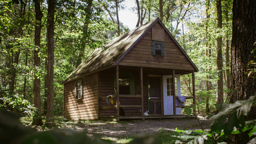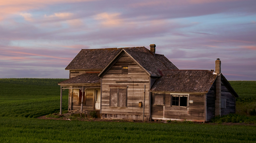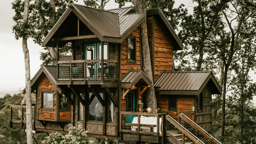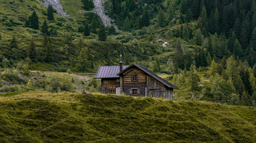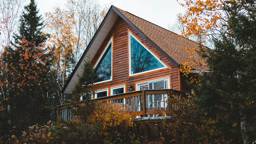Whether your cabin fireplace is wood-burning or gas, it is important to take steps to prepare it for the fall and winter. Without proper precautions, an accident can result in a devastating fire and the loss of your favorite getaway. Follow these helpful tips before the cold sets in.
Gas-Burning
SOURCE: Napoleon Fireplaces & Grills, www.napoleonfireplaces.com
- Have the appliance serviced by a qualified technician. Proper maintenance and cleaning can help prevent damage. Even the glass must be cleaned annually to keep it looking clear. The airways of both the pilot and main burners should be regularly cleaned to ensure that they are operating correctly, and a general inspection of the entire system, including the safety controls, is also beneficial.
- Clean the blower if the appliance is equipped with one. As dust accumulates on the blower blades, the balance ofthe blower will change, causing premature wearing of the bearings. The dust also insulates the motor, preventing it from being cooled and potentially causing it to seize up.
- Replace the batteries in any remote transmitters and, in some cases, in the receiver as well. Even when not in use, the power held in a battery is slowly depleted.
SOURCE: Napoleon Fireplaces & Grills, www.napoleonfireplaces.com
Wood-Burning
- Have the chimney cleaned before firing up your wood- burning fireplace, stove or insert. The leading cause of fires in wood-burning appliances is the result of creosote (unburned fuel) accumulations in the chimney.
- Have any gaskets inspected and replaced as required, including those on the door and, in some cases, the ash dump. If an airtight appliance is operated without effective seals, excess air can leak into the firebox, causing overfire and permanent damage to the appliance.
- Clean the blower if your wood-burning appliance is equipped with one. Unlike your furnace blower, it doesn’t have a filtering system to prevent the buildup of dust and hair.
- Replace any broken or deteriorated brick lining in the wood-burning appliance. If the brick lining is deteriorated to the point that the steel body is exposed, the heat from the fire can cause permanent damage.
 Courtesy Napoleon Fireplaces & Grills
Courtesy Napoleon Fireplaces & Grills 



